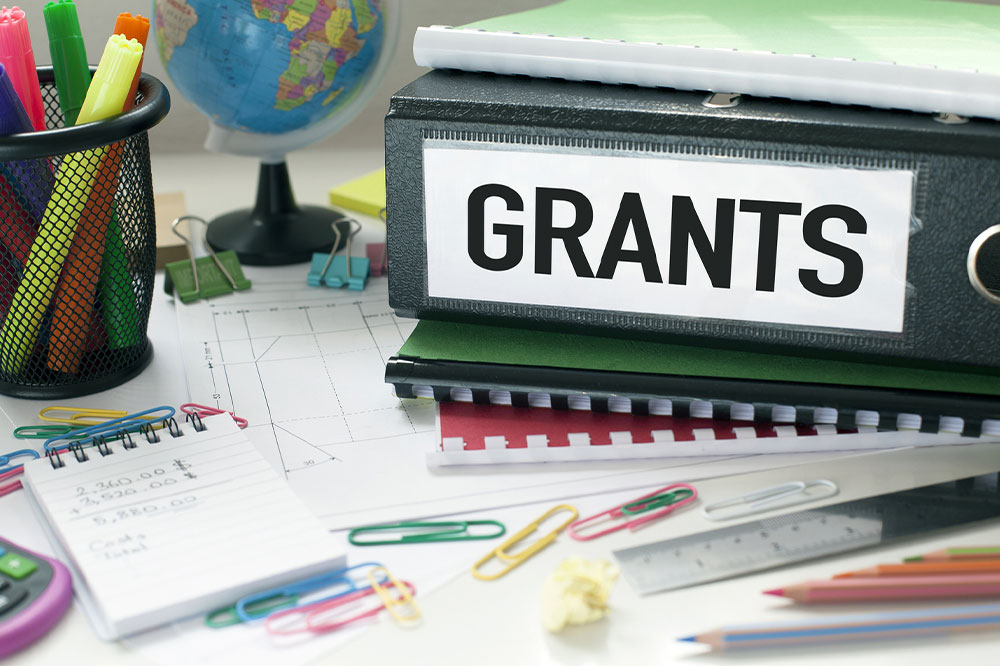Understanding Government Grants that Help Pay Off Bills
Financial struggles are common, and many people find themselves burdened with mounting bills and expenses. In such cases, understanding the various avenues available for financial assistance can help one sail through tough times. One such avenue that can provide relief to those facing financial hardship is grants. These help people pay off their bills and necessary expenses.
Does the government give grants to pay bills?
The government provides certain grants to help individuals with low-income to pay off their bills. Federal grants usually go to states and organizations that support various community needs. There are also stringent eligibility criteria for these and application processes that ensure they are utilized effectively and efficiently.
Financial assistance for paying bills by the government
There are several government programs that offer grants to help people with different expenses:
Food assistance
The government offers nutritious meals to those who struggle to afford it. There are several common programs available, such as the Supplemental Nutrition Assistance Program (SNAP), which includes food stamps, the Disaster Supplemental Nutrition Assistance Program (D-SNAP), and WIC, which help women, infants, and children. Those who need food on an emergency basis can reach out through SNAP. WIC offers food, advice on nutrition, and also other services for women and their young ones. Moreover, the government also provides school meals or food programs so kids can get subsidized meals at school, daycare, or even during summer vacation. Those over 60 years of age can apply for special food assistance programs.
Housing
The government helps to find emergency housing options, along with assistance to help cover rent in the following situations:
Eviction or foreclosure : If one is at risk of being evicted from one’s home or having the property foreclosed upon, one can take steps to prevent or manage the situation. Some states may provide temporary eviction protection. One may also be eligible for free legal help based on one’s income. For foreclosure, the Making Home Affordable program offers free counseling, and one can find local foreclosure prevention services through HUD-approved agencies. Those who have a Federal Housing Administration (FHA) Loan can reach out to the FHA National Servicing Center for assistance to avoid foreclosure.
Rental assistance : Government programs can also provide rental assistance for affordable housing through the Housing Choice Voucher (Section 8), which is available for low-income families, seniors, and those with disabilities. Veterans can book an appointment with the Supportive Services for Veteran Families (SSVF) provider in their area to get rental and housing help.
Down payment assistance : One can seek state-based assistance to make a down payment on a house that can help cover the upfront cost. The approved cost may vary from state to state, as well as individual income and family size.
NED voucher : Disabled people under 62 years can apply for a non-elderly disabled (NED) voucher through a local public housing agency.
While applying for these resources, it’s important to remember that each voucher or financial assistance program has specific criteria and requirements. Official agencies may request documents to verify one’s eligibility.
Utility and energy bills
One can get government grants to pay their energy bills through the Low Income Home Energy Assistance Program (LIHEAP). The program helps pay off heating or cooling bills, home weatherization, and emergency services during energy crises. Eligibility is typically income-based, and prospective applicants can contact their state’s LIHEAP office to ensure they qualify for it and obtain guidance on the application process. LIHEAP recipients facing utility disconnection can also seek further assistance so their essential services are not disrupted.
Home improvements
Those who want financial support for energy-efficient home upgrades can explore eligibility for the Weatherization Assistance Program (WAP). The eligibility criteria is based on factors like income level or enrollment in federal aid programs like Temporary Assistance for Needy Families (TANF) or Supplemental Security Income (SSI). Applicants can reach out to their state’s WAP office to determine eligibility criteria and learn how to initiate the application process.
College expenses
Students can get college grants (the amount can vary from year to year) through the Federal Pell Grant or to cover their college expenses. This grant is given to those with financial difficulties and who do not have any graduate, bachelor’s, or other degrees at the time of application.
Other grants and financial support to pay bills
Low-income families and individuals can get discounted telephone or internet service through programs like Lifeline. Welfare benefits or Temporary Assistance for Needy Families (TANF) is another program that provides financial assistance during emergency situations, including work-related activities, child care, refundable tax credits, and job preparation.
How to apply for government loans to pay bills?
Government loans can be used to pay off bills, but this financial assistance needs to be repaid with interest, unlike grants or benefits. One can use government loan options to pay for their education, housing, business, disaster relief, and other purposes. One can access the official government website, GovLoans.gov, to check for eligibility. VA loans, USDA loans, and FHA loans are some common government-backed loans one can avail of. The rates for government personal loans can range from 6% to 36%, though the actual rate will depend on many factors, like one’s credit score, income, financial history, and loan amount. One can apply for government loans through authorized channels.



